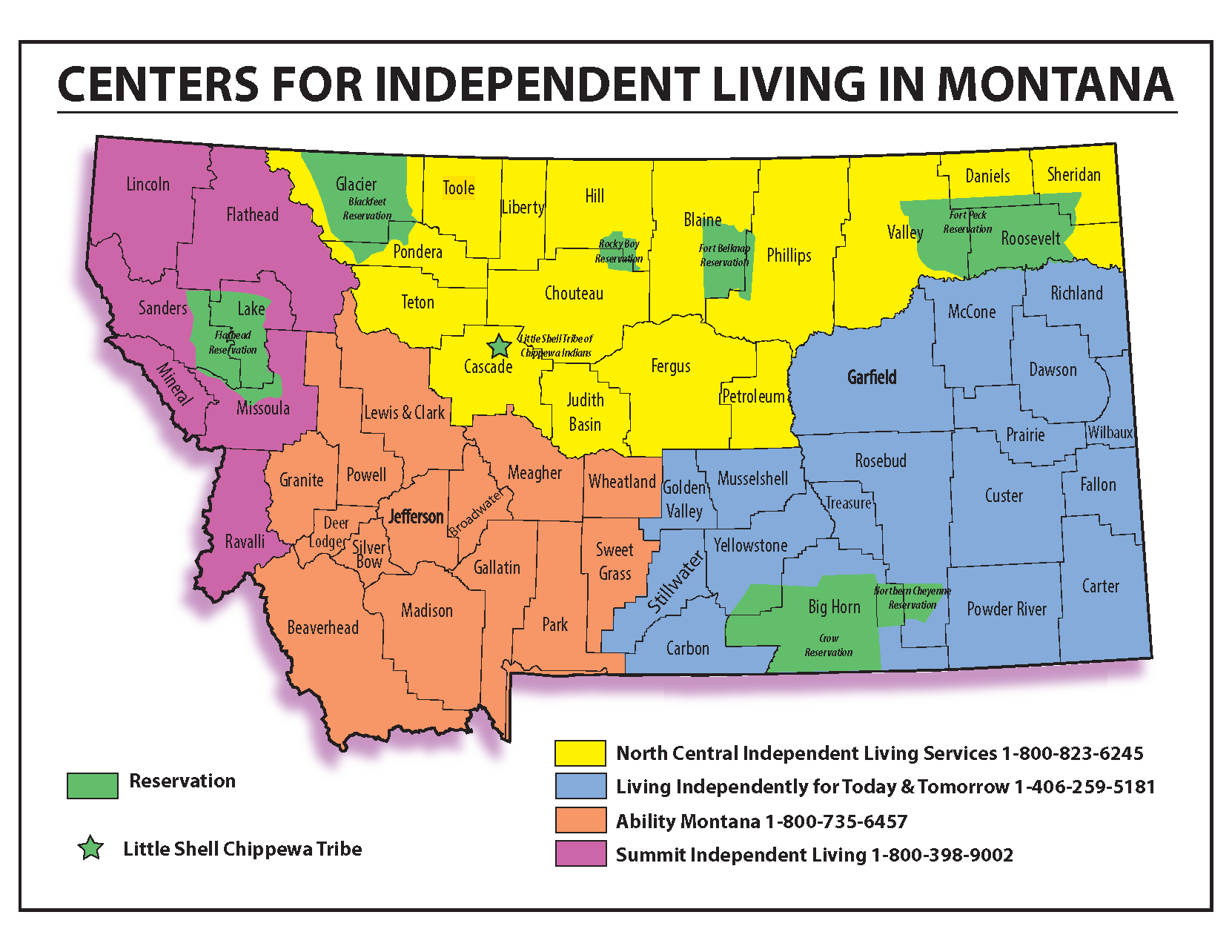Independent Living Services
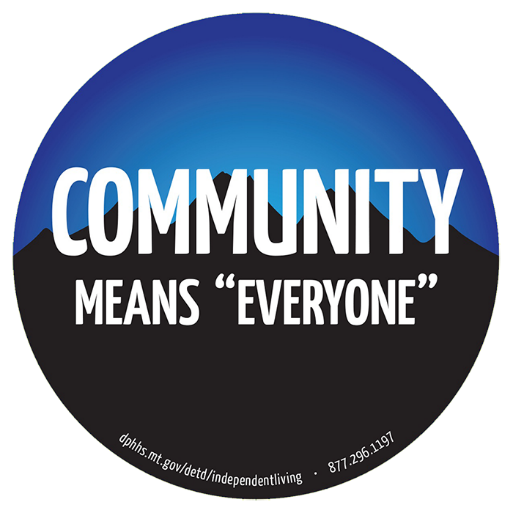
Montana’s Centers for Independent Living are independent 501(c)3 nonprofit corporations funded in part through Federal and private grants, Montana Department Public Health and Human Services (DPHHS,) and donations. The CIL serve people of every age and all disabilities.
People with disabilities deserve the chance to live independently just like their friends, family, and neighbors. The independent living program provides them with the services needed to achieve their desired way of life.
Full inclusion and integration of individuals with disabilities into mainstream society is central. This philosophy is implemented through the Montana Statewide Independent Living Council (MTSILC) and the Montana’s network of Centers for Independent Living (CIL.) The CIL provide services to all counties in Montana.
Centers for Independent Living
Montana has four Centers for Independent Living (CILs) that provide IL services throughout the state. These CILs don't offer places to live at the centers, however, they provide services to anyone with a disability including children, students, middle-aged adults and people who are elderly. The centers are private non-profit organizations primarily managed by people with disabilities. Each CIL provides an array of services, including the five IL core areas and other services that reflect the needs of its service area. These services are listed below:
Information and Referral – Includes basic information on equipment, financial assistance, recreation, housing, attendant care, support groups, legal rights and many other disability and community topics and resources.
Independent Living Skills Training – IL training in areas such as budgeting, socialization, leisure planning, attendant care management and the use of community resources is available. The centers also provide referral services to programs providing daily living skills training.
Peer Mentoring – A person with a disability provides counseling and support on a one-to-one basis with another person who is experiencing personal problems related to a disabling condition. The peer mentor functions as a role model, advocate and resource person. Referrals to groups providing counseling services can be made.
Individual and Systems Advocacy - The centers' staff help persons with disabilities identify their independent living needs, develop an individual plan of action to meet those needs, share resource information, and facilitate problem-solving skills.
Transitions - There are three components to transition services.
- Facilitate transitions of individuals with significant disabilities from nursing homes and other institutions to home and community-based residences with the requisite supports and services
- Provide assistance to individuals with significant disabilities who are at risk of entering institutions so that the individuals may remain in their community
- Facilitate the transition of youth who are individuals with significant disabilities who are eligible for individualized programs under IDEA and who have completed their secondary education or otherwise left school to post secondary life.
Americans with Disabilities Act/Accessibility Technical Assistance - CIL staff provide individuals with information regarding their rights and responsibilities under the Americans with Disabilities Act (ADA). They provide information on ADA Accessibility Guidelines, regulations, violations, how to file a complaint and other pertinent information. They also provide advocacy services to a consumer in order to implement enforcement of ADA guidelines. Assessments for businesses and agencies to determine compliance with ADA Accessibility Guidelines can be performed. There may be a charge for this service based on the complexity and scope of the assessment, however, assessments are provided to consumers at no cost.
Rehabilitation Technology/Adaptive Equipment Loan/Lease – The centers provide technical assistance and evaluations of environmental modifications and recommendations for equipment. They maintain a comprehensive database of adaptive equipment available to include manufacturer and possible financial resources as well as providing a limited amount of equipment available on a temporary loan basis.
Housing - The centers assist in locating affordable, accessible housing by working with public and private entities. Housing advocacy is also provided through the IL Housing Task Force.
CILs also help communities plan and respond to the needs of their communities' members with disabilities. Most needs are related to access issues. The majority of the funding to the centers for independent living is federal and state money.
Eligibility - A person must have a disability that impedes their ability to live independently and must need assistance from an independent living center to maintain their independence. To receive services from an independent living center, contact the center and staff will assist you with the application process. The best thing to do is call the center and ask for assistance.
If there is not a center in your community, an outreach worker from the closest center will come to you, if needed.
Living for Today and Tomorrow (LIFTT)
Billings * Glendive
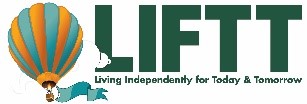
North Central Independent Living Services (NCILS)
Great Falls * Glascow * Conrad
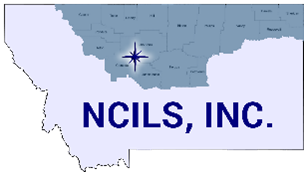
Ability Montana (formerly mILp)
Bozeman * Helena * Butte
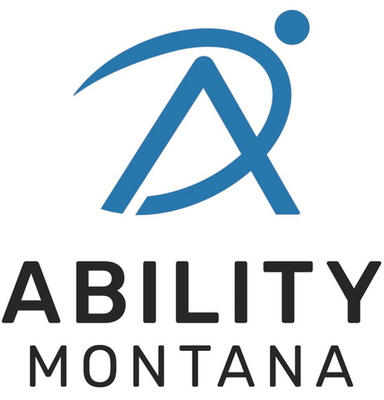
Summit Independent Living
Missoula * Hamilton * Kalispell * Ronan
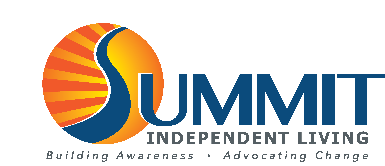
CIL Coverage Map
